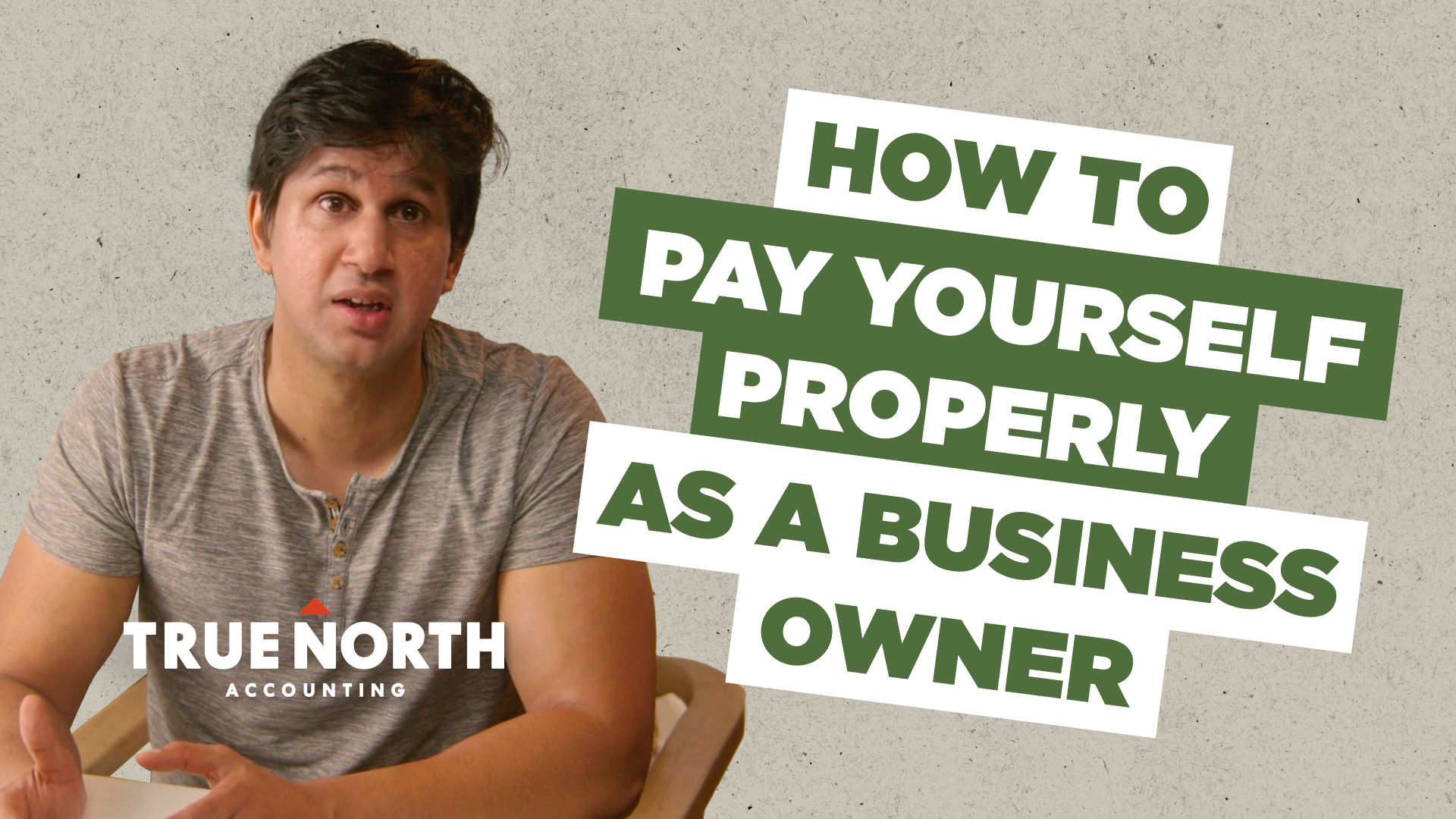LEARN HOW TO START YOUR BUSINESS
 Am I ready to start a business?
Am I ready to start a business?
Write down your ideas and plans for the business. Your business plan should be no more than five pages. Getting your thoughts down on paper can help you sort out if you are ready financially and emotionally to make the leap.
Here are eight things to address in your business plan.
- A description of the problem your customers have
- Your solution (product or service)
- Business model (how you’ll make money)
- Marketing plan
- Competitive analysis (who else is doing something similar and how are you going to do it better)
- Management plan (what legal structure and management roles will be required to succeed)
- Financial projections (how will you charge money, how many customers will you have, what are your expenses)
- Barriers to entry and funding required (what will it take to get your business going)
 Should I incorporate? Sole proprietor vs incorporation in Canada
Should I incorporate? Sole proprietor vs incorporation in Canada
Once you decide to set up your business, you’ll need to determine if you want to be a sole proprietor or a corporation. Here’s the skinny on both:
Sole Proprietorship
- No separation between you and your business. You report your business income on your personal tax return.
- Simple and inexpensive to start.
- Unlimited liability. Your assets are at risk if things go south.
- More difficult to grow.
Incorporate
- Your business is a separate legal entity. File a separate corporate tax return.
- More costly to set up and maintain.
- Limit your liability and protect your assets.
- Able to defer taxes, build business credit and raise money from investors.
If you decide to incorporate, you should talk to a lawyer and an accountant to help you officially set up your business.
 How do I register a business or corporation?
How do I register a business or corporation?
Note: All of the information below assumes that you are setting up your business as a corporation in Canada.
Here are 7 things you’ll need to do before starting your corporation. If you have questions about any of these steps, your lawyer or accountant should be able to help you out!
- Get a lawyer and an accountant and incorporate. Choose the name, get your articles of incorporation, establish directors and shareholders, craft the bylaws, and pay your fees.
- Decide on the right year-end for your business.
- Register for your nine-digit business number with the CRA, along with the following CRA business accounts.
- Income tax account: The first number you get when you register for a business account with the CRA.
- GST account: The GST number you use to collect GST from your customers and remit it to the CRA.
- Payroll account: If you pay yourself or anyone else a wage, you need a payroll account to remit CPP, EI and withhold income tax.
- Investment account: If you pay yourself or any other shareholder a dividend, you need an investment account.
- Get a company bank account and credit card.
- Apply for a business license from City Hall. This is only required if you have a commercial location.
Get insurance and workers compensation (as required). Check www.wcb.ab.ca to see if WCB (or WSIB) is required for your industry.

-1.png)









.png)
.png)










